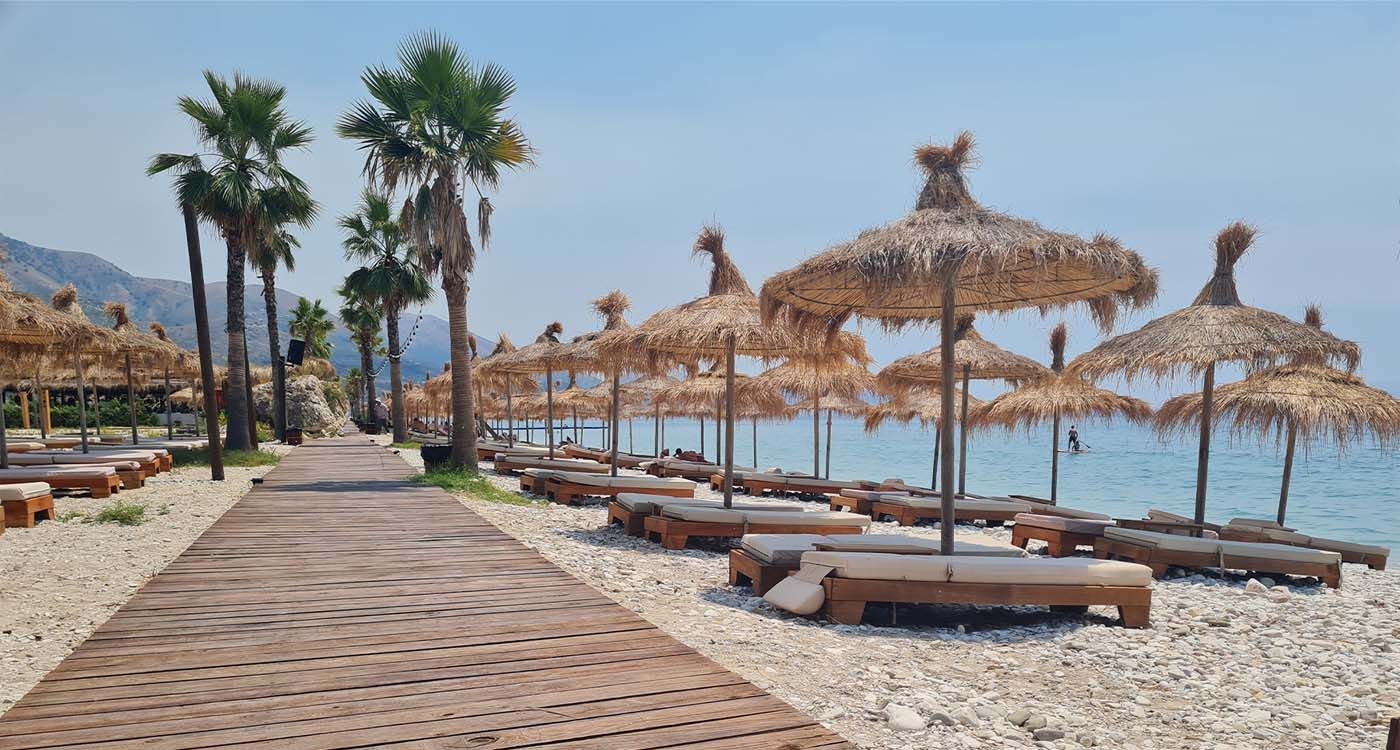
In Lebanon, summers come and go — but they always feel the same. Each year, as tourism season approaches, the Lebanese, all too familiar with dashed hopes, unpack their suitcase of optimism, put on a brave face… and watch everything unravel with the first gust of geopolitical wind. It’s become an unwritten ritual: just as tourism is ready for takeoff, the planes stay grounded.
Since June 13, the travel sector in the Middle East has faced severe turbulence following clashes between Iran and Israel. And as always, Lebanon — true to its role as the region’s perennial bystander in the wrong place at the wrong time — ends up paying the price, once again caught in the center of the storm.
“The sector has suffered heavy losses due to recent events,” says Jean Abboud, head of the Association of Travel Agencies in Lebanon. “We were expecting an exceptional summer season, but the latest developments have completely derailed it,” he told the Lebanese television channel MTV.
Free Fall on the Runway
Before June 14 — the start of the war between Israel and Iran — Beirut’s International Airport saw around 85 flights daily, carrying nearly 13,000 passengers. Since the onset of Iran-Israel tensions, that figure has plummeted to just 36 flights a day, with 4,000 passengers on board — a drop of over 60%, according to the Association of Travel Agencies.
Citing security concerns, airlines have canceled, suspended or rescheduled flights to Beirut. The fallout has been chaos at the airport: lost luggage, disoriented passengers and disrupted travel plans.
From Dream Summer to Fading Mirage
“Expats may still follow through with their vacations in Lebanon, but our primary hope was the Gulf clientele,” Abboud adds. In May and early June, tourists from the Gulf arrived in significant numbers, raising expectations for a strong summer. However, with the current crisis, their numbers have sharply declined — along with the prospects of reviving the local economy through tourism.
“We had anticipated the sector’s contribution to GDP would be significant this summer, but that will no longer be the case,” Abboud acknowledges.
Missed Opportunity and Unclear Future
As for the Lebanese stranded abroad, Abboud confirms: “The majority have returned, the situation has improved and only a few remain abroad.” But the mood is one of mourning for tourism. “We have lost a once-in-a-lifetime opportunity,” he concludes. Lebanon had hoped to relive the glory days of 2009-2010, when tourism injected $11 billion into the economy. This year, it’s nowhere close.
In a country where humor serves as a collective coping mechanism, people are already saying, “At least our beaches are beautiful — so we can cry by the sea under the sun.”
Meanwhile, the Lebanese are growing accustomed to a reversed summer ritual: the higher the temperatures climb, the more the economy freezes.




Comments